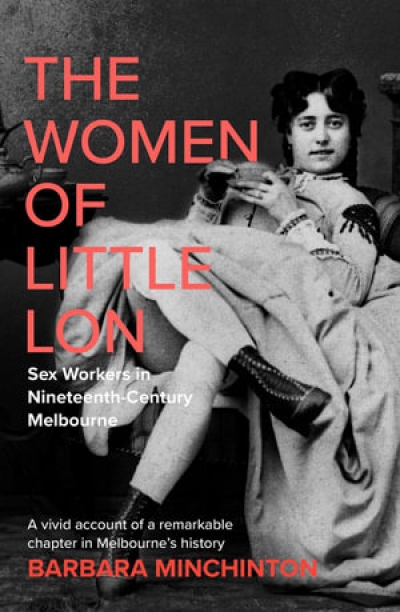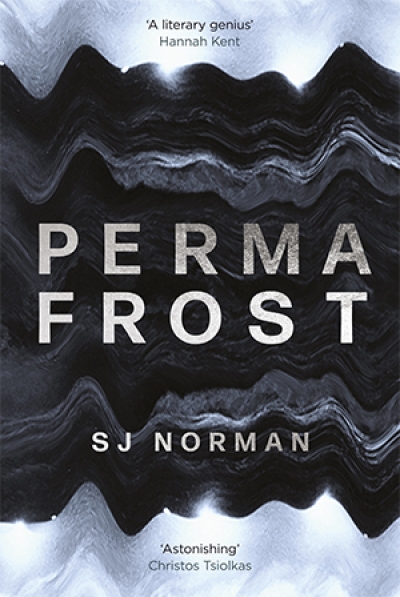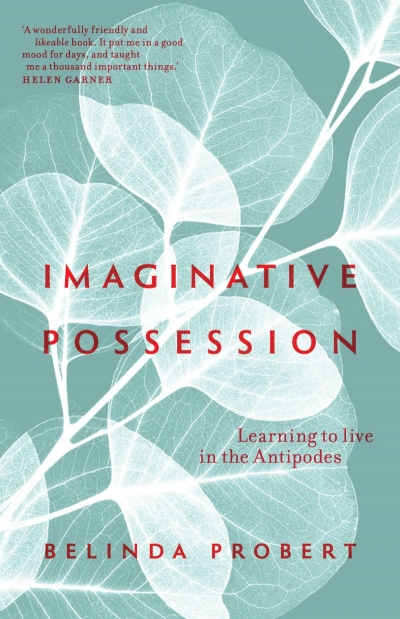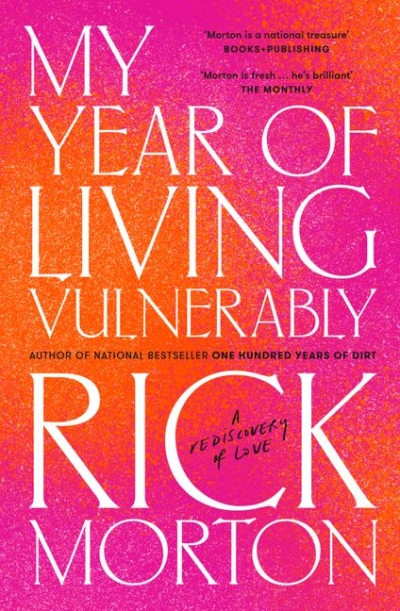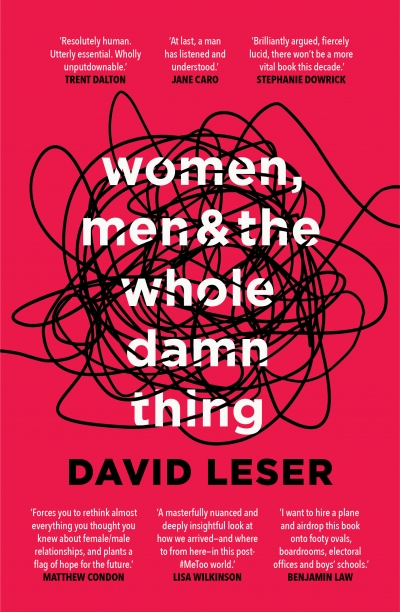Paul Dalgarno

Paul Dalgarno is an author, reviewer and journalist. His debut novel, Poly, is published by Ventura Press. He posts about books on Instagram as @narrativefriction.
Ambiguity, done well, has a bifurcating momentum that can floor you. The late Argentinian writer Julio Cortázar, a master of unsettling short stories shot through with ambiguity, knew this and used it to pugilistic advantage, declaring that ‘the novel wins by points, the short story by knockout’. Ambiguity is likewise central to S.J. Norman’s début collection, Permafrost, seven eerily affe ... (read more)
Paul Dalgarno reviews 'Imaginative Possession: Learning to live in the Antipodes' by Belinda Probert
Wanting to belong forms the root system of Belinda Probert’s Imaginative Possession, marking the terrain – how can she, as an immigrant, ever feel at home in Australia? – and producing shoots of longing for the landscapes of her English childhood. Even now, forty-five years after arriving in Perth to take up a teaching position at Murdoch University, after which she lived briefly in Adelaide ... (read more)
In Creating a Character (1990), acting coach Moni Yakim urges students to explore their vulnerability, arguing that, while we admire Superman for lifting buildings, we become emotionally invested only when he’s faced with Kryptonite. It’s ironic, Yakim writes, that vulnerability is simultaneously ‘the one quality a person is most likely to conceal’ and the one that ‘most allows an audien ... (read more)
Australian journalist and author David Leser’s 2018 Good Weekend article, ‘Women, men and the whole damn thing’, sparked a wildfire of commentary, confession, and praise. Written in the early white heat of the #MeToo movement, the Harvey Weinstein exposé, and Oprah Winfrey’s 2018 Golden Globes speech in which she spoke out on behalf of the Time’s Up campaign, it crackled with questions ... (read more)

